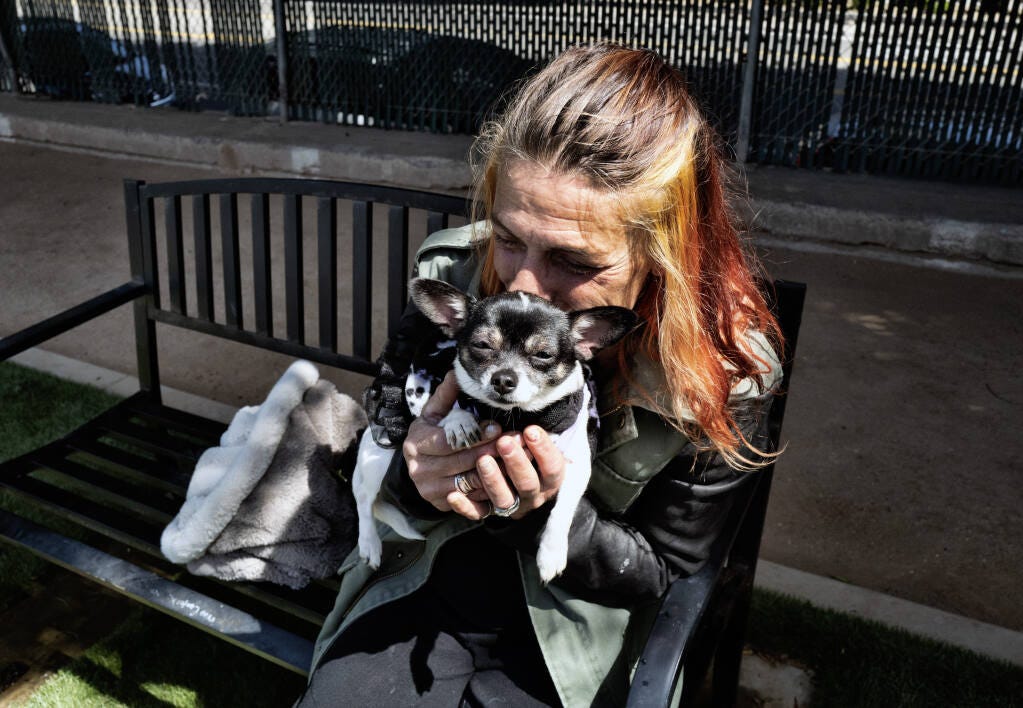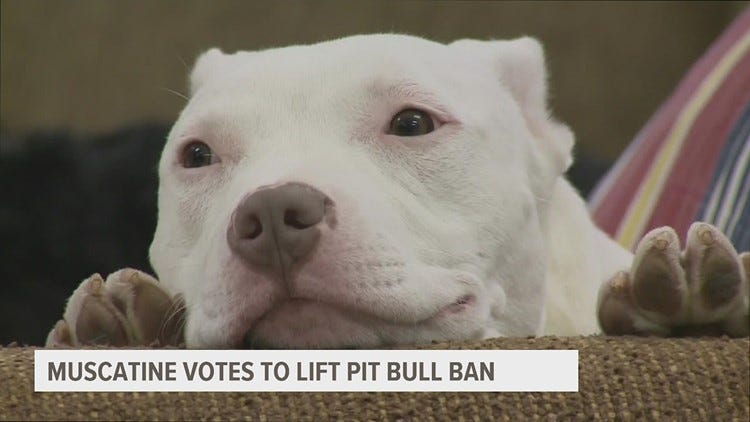This Week in Animal Protection
News and headlines for April 30 - May 13, 2022

These are some of the stories making headlines in animal protection:
Dozens of feral cats have made Oakland’s Coliseum, the home of the Oakland A’s, their home, too. And they are not going anywhere “as local volunteers and vets will administer some feline contraception through a humane process called TNR.” According to the local shelter director, “This is a best-case scenario, in that the people at the Coliseum care about the well-being of the cats and share our goals for a humane solution.”
Meanwhile, the University of Texas at Austin “is mourning the loss of one of its campus cats, who some consider as another mascot for the school…” According to a school announcement, “Domino, the most well known and beloved of UT Austin’s campus cats, was a welcoming friend on our campus for many years. We will remember him fondly, and thank the community who cares for these cats for all the love given to him these past months.” Domino was suffering from “upper respiratory infection, feline immunodeficiency virus and a possibly cancerous growth in his throat.”
“Being homeless in Los Angeles and struggling with addiction is hard enough, but Rachel Niebur couldn’t imagine enduring it without her dog Petey. Niebur credits her constant companion, an energetic black and white chihuahua mix, with helping her keep off drugs and giving her a reason to get up in the morning. ‘She needs me. She gives me my focus. I have to feed her. I have to walk her. It’s a real relationship.’”
Thanks to a new California law that allocated $5 million to provide care for the pets of homeless people, Los Angeles County has opened its first homeless shelter that allows pets. The shelter provides services for people and “food, crates, toys and veterinary services” for their animals, including Petey.
Out of the shadows and into the sun. Dogs identified as “pit bulls” are welcome again in Muscatine, IA.
Banning dogs based on how they look is immoral. It is also ineffective. That’s not just opinion; it’s science:
“[F]or predicting some dog behaviors, breed is essentially useless, and for most, not very good.” This is because breed tells us how dogs look, not how they behave.
50% of dogs labeled as pit bulls lack DNA breed signatures of breeds commonly classified as pit bulls;
Dogs targeted for breed discriminatory laws are not more likely to bite, do not bite harder, and such bans do not result in fewer dog bites or bite-related hospitalization rates; and,
Enforcement is expensive with no measurable impact on public safety.
Bans also negatively impact surrounding communities and rescue groups who have to take on the burden of such regressive and selfish policies to save the lives of these dogs. “When a city has a breed-specific ban, good dogs die. It’s that simple.”
Meanwhile, dog lovers held a parade in Cincinnati to celebrate the 10th anniversary of that city’s pit bull ban repeal. Dogs of all kinds were welcome with their people.
“The Dallas City Council voted unanimously to ban the sale of puppies or kittens from pet stores in Dallas.” Pet stores can only offer for adoption animals obtained from an animal shelter or animal welfare organization.
Bans on the sale of milled animals serve three purposes:
Encouraging people to adopt/rescue;
Educating the community about abuse in mills; and,
Stopping neglect and abuse.
And they work. With half a dozen states and roughly 400 cities divesting themselves of this pernicious harm, “Nebraska Department of Agriculture records show that half of the state’s commercial dog and cat breeders have left the business.”
“Petland is the only pet store in the city of Dallas that sells puppies and kittens. Store officials said the store would be forced to close...”
Meanwhile, a proposed ordinance in New Braunfels, TX, would also ban the sale of commercial bred puppies and kittens in pet stores.
As noted in a prior report, a dog was killed in a Utah pound even though several rescue groups offered to take him. The North Utah Valley Animal Shelter described Penguin as “very friendly” who “loves attention” and “loves to be pet!” In addition to killing him despite having multiple places to go, the staff killed him in one of the most excruciating ways possible: by gassing him. When the chamber is filled with gas, the animals inside gasp for breath, feel a searing pain in their lungs, and often claw at the chamber door or throw themselves against the sides in a desperate attempt to escape. Efforts to ban the gas chamber in the state have been unsuccessful because of opposition by regressive pounds and the police, who run those pounds.
Several commenters expressed surprise that gassing still exists in Utah, where Best Friends Animal Society is located, and wondered why they have not responded to emails about Penguin. Unfortunately and tragically, as Best Friends has grown to a roughly $100 million a year organization, it has increasingly become a lobbyist for pounds rather than protecting the animals those pounds kill. On its website, Best Friends calls the “shelter” that killed Penguin a “partner” and describes it as having “compassionate animal welfare, courteous customer services, and professional public safety.”
Protests continue in the state against the cruel devices.
Several court rulings have made it harder to help animals raised and killed for food. A Federal Appeals Court ruled that California’s ban on foie gras — produced by force-feeding ducks and geese until their livers become diseased and swell well beyond normal size — cannot be enforced against out-of-state producers, effectively rendering it useless.
Likewise, the U.S. Supreme Court has agreed to hear an appeal by industries that kill pigs challenging a California law that sets “minimum space requirements for cages holding pigs and other animals.” Since lower courts have upheld the ban, the High Court is expected to overturn it.
On a positive note, a new report shows the vegan food market is growing at a rate of 10% per year. That is expected to continue and even accelerate as 17% of U.S. consumers “claim to eat a predominantly plant-based diet, while 60% report to be cutting back on meat-based products. Of those who are reducing their intake of animal-based proteins, 55% say the change is permanent, and 22% hope that it is.” Driving the switch to a plant-based diet are concerns about animal welfare, the negative health effects of an animal-based diet, and the environment — particularly meat’s impact on climate change.











